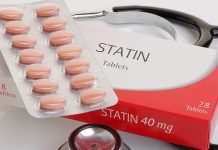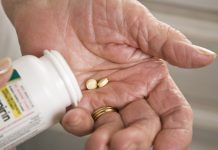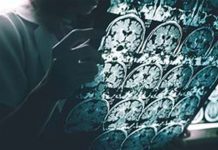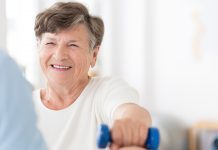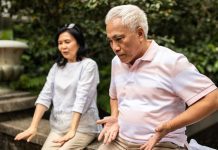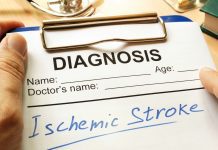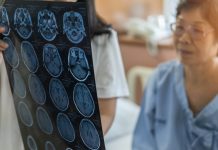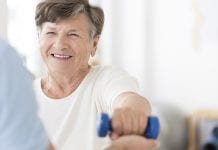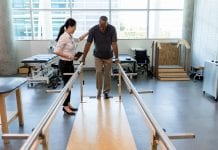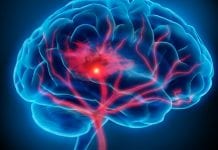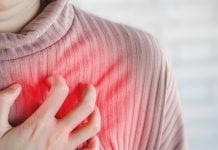stroke Related News
New hope for lacunar stroke treatment
Two cheap and common drugs could be repurposed as a new treatment for lacunar stroke, a specific type of stroke linked to nearly half...
Statins should be offered to more people at risk of heart disease
Updated guidance from NICE recommends that the use of statins for heart disease and strokes should be considered for people at a lower risk...
Symptoms of delirium during a stroke could point to worse outcomes
Stroke patients who experience symptoms of delirium during a stroke could be more vulnerable to long-term cognitive and psychiatric difficulties.
Around 9,000 people are admitted...
Reducing the risk of stomach bleeding after long-term aspirin use
A new study by the University of Nottingham found that the risk of stomach bleeding caused by long-term aspirin use can be reduced with...
A large-scale study of common blood thinners identifies the safest option
A large-scale comparison of blood thinners by researchers from University College London has identified the drugs with the lowest risk of gastrointestinal bleeding.
The researchers...
Moderate alcohol consumption can increase the risk of acute stroke
Research from the University of Galway and McMaster University has found that moderate and high alcohol consumption increases the risk of acute stroke.
The researchers...
Extraordinary preclinical outcomes for stroke treatment
Newly published scientific studies have ignited renewed hope for a dramatic breakthrough in stroke treatment for patients.
An injectable compound that is currently in a...
Computer tool tracks stroke rehabilitation to improve recovery
New computer technology can accurately track the progress of stroke rehabilitation, boosting recovery for the patient.
New research indicates that a sensor-equipped computer programme can...
Robot therapy may be the future of chronic stroke rehabilitation
A new trial performed in Japan has analysed the potential of employing robot therapy to help chronic stroke patients recover from the condition, finding...
Tai Chi exercises improve recovery for older stroke survivors
A new study finds stroke survivors practising seated Tai Chi exercises had equal or a greater improvement in their recovery process.
Tai Chi exercises fuse...
Popular nausea medications linked to increased stroke risk
Nausea medications known as antidopaminergic antiemetics (ADAs) are associated with an increased risk of ischaemic stroke.
The new study published by The BMJ found that...
Ischemic stroke risk higher in young women than men
A novel investigation has revealed that women age 35 and younger are at an increased risk of suffering an ischemic stroke compared to men...
Causes of a stroke may be triggered by anger and heavy physical exertion
A global study into causes of a stroke found that some survivors experienced anger, upset and heavy physical exertion before the event.
A study co-led...
Blood clot-dissolving drug employed as innovative stroke treatment
A team of UK-based researchers have devised a novel stroke treatment that has demonstrated effectiveness in combatting blood clots.
Scientists from the University of Manchester...
Potential risk of stroke recurrence predicted with Artificial Intelligence
Patients’ risk of suffering stroke recurrence can be precisely forecasted with the implementation of Artificial Intelligence (AI), a new study has suggested.
A novel study...
Widespread pain linked to heightened risk of dementia and stroke
Widespread pain, a common subtype of chronic pain, is associated with an increased risk of dementia and stroke, a new study has found.
New research...
Post-stroke findings on muscles could have implications for rehabilitation
In the first study to observe the phenomenon in humans, findings have revealed that following a stroke, muscles lose their most basic building blocks.
After...
Walking speed can improve stroke survivors’ dual-task ability
Training stroke survivors to walk at a faster speed during recovery can improve the brain’s ability to walk and think at the same time,...
COVID-19 linked to more severe strokes, study finds
People with COVID-19 are likely to have more severe strokes than non-COVID sufferers, new data from a multinational study group has revealed.
A report from...
Discovery could pave the way to new treatments for brain injuries
A mechanism has been identified which protects the brain from the effects of hypoxia – a potentially deadly deprivation of oxygen. The discovery could...




